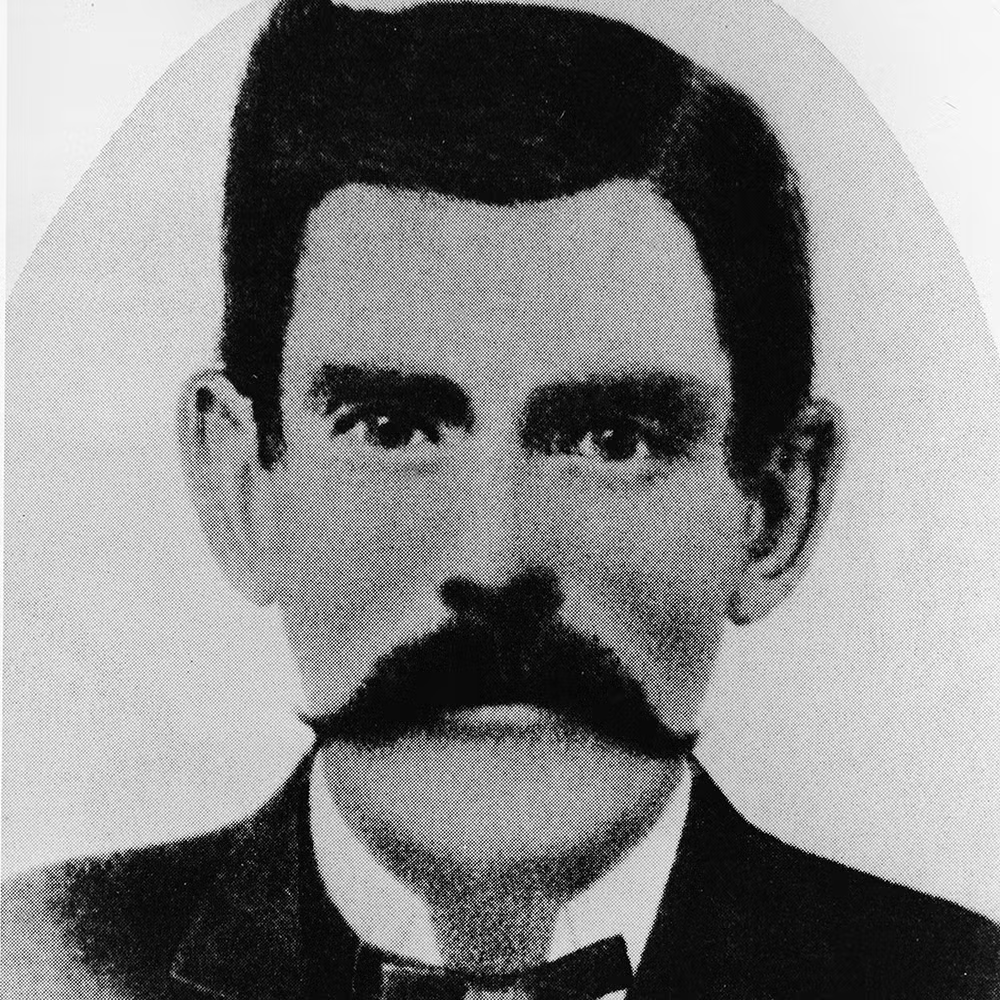
Table of Contents
Who Was Doc Holliday?
Alvin Ailey was a visionary choreographer and the founder of the Alvin Ailey American Dance Theater, a groundbreaking multi-racial modern dance company that gained international recognition. Established in 1958, Ailey’s company revolutionized the dance world by popularizing modern dance globally, thanks in part to extensive tours. His most celebrated work, Revelations, is an iconic piece that explores the profound spirituality of African American religious traditions. In 1988, Ailey was honored with the Kennedy Center Honors for his contributions to the arts. He passed away on December 1, 1989, in New York City due to complications from AIDS.
Early Life
Born on January 5, 1931, in Rogers, Texas, Ailey grew up in poverty and was deeply influenced by the Black church services and music he experienced in his hometown of Navasota. Raised by his teenage mother, he moved to Los Angeles at the age of 12. There, Ailey demonstrated talents beyond dance, excelling academically and athletically. After seeing the Ballet Russe de Monte Carlo perform, he was inspired to pursue dance and began his formal training under Lester Horton in 1949, joining Horton’s company the following year.
Career Highlights: Blues Suite and Revelations
Ailey made his Broadway debut in 1954, appearing in House of Flowers and later Jamaica alongside stars like Lena Horne. His true artistic legacy, however, began with the founding of the Alvin Ailey American Dance Theater in 1958. That same year, he premiered Blues Suite, which drew on his Southern roots. Shortly after, Ailey debuted Revelations, inspired by African American spirituals, gospel, and blues music, reflecting his “blood memories” of growing up in Texas and attending Baptist church services.
In the 1960s, Ailey’s company gained international acclaim, touring globally with sponsorship from the U.S. State Department. Although he stopped performing in the mid-1960s, Ailey continued to choreograph, creating nearly 80 ballets throughout his career. His 1969 work, Masakela Language, examined the Black South African experience, and his 1974 piece Night Creature was set to the music of Duke Ellington.
Legacy and Final Years
In 1988, Alvin Ailey was recognized with the prestigious Kennedy Center Honors, a fitting tribute to his monumental influence on the dance world. Sadly, Ailey passed away a year later on December 1, 1989, at the age of 58. While his death was initially attributed to a rare blood disorder, it was later revealed that he had succumbed to AIDS.
Despite his untimely passing, Ailey’s influence endures through the ongoing work of the Alvin Ailey American Dance Theater and the Ailey School. His choreographic masterpieces, especially Revelations, continue to be celebrated globally, and his company has performed for over 20 million people. Ailey’s enduring legacy is a testament to his artistic brilliance and his profound impact on modern dance and American culture.
